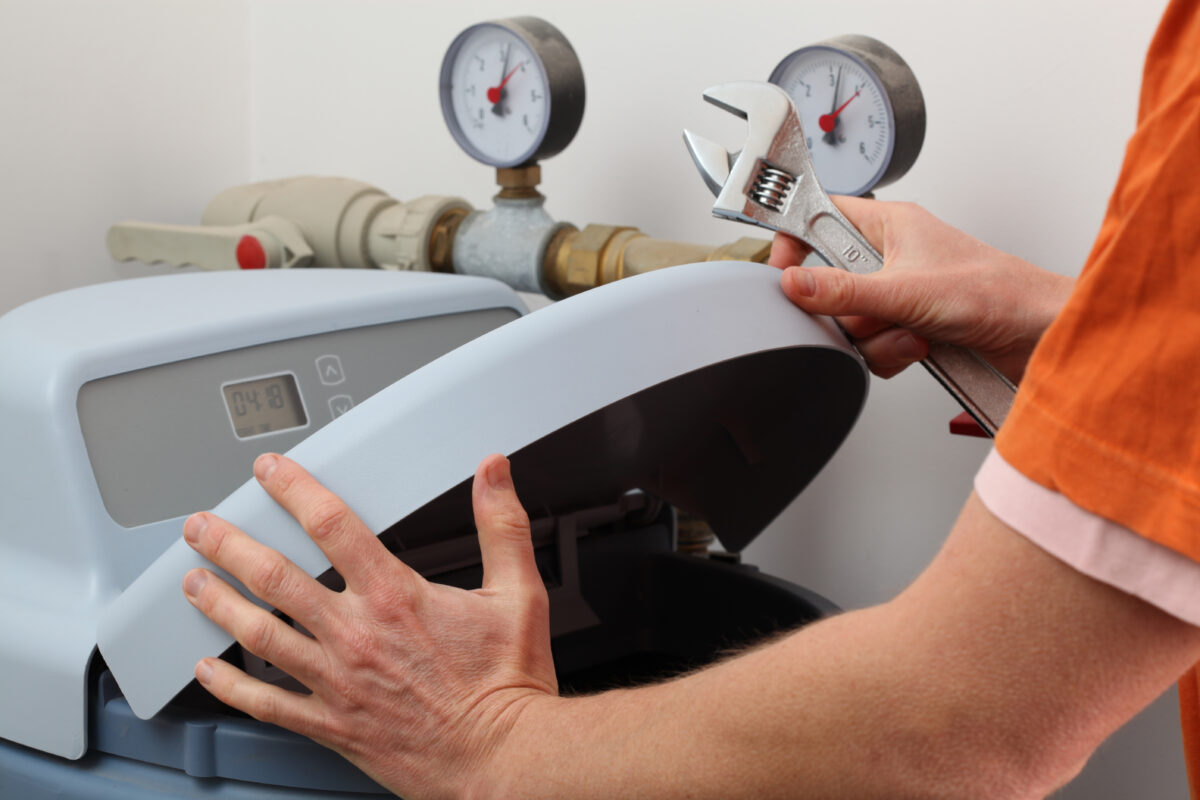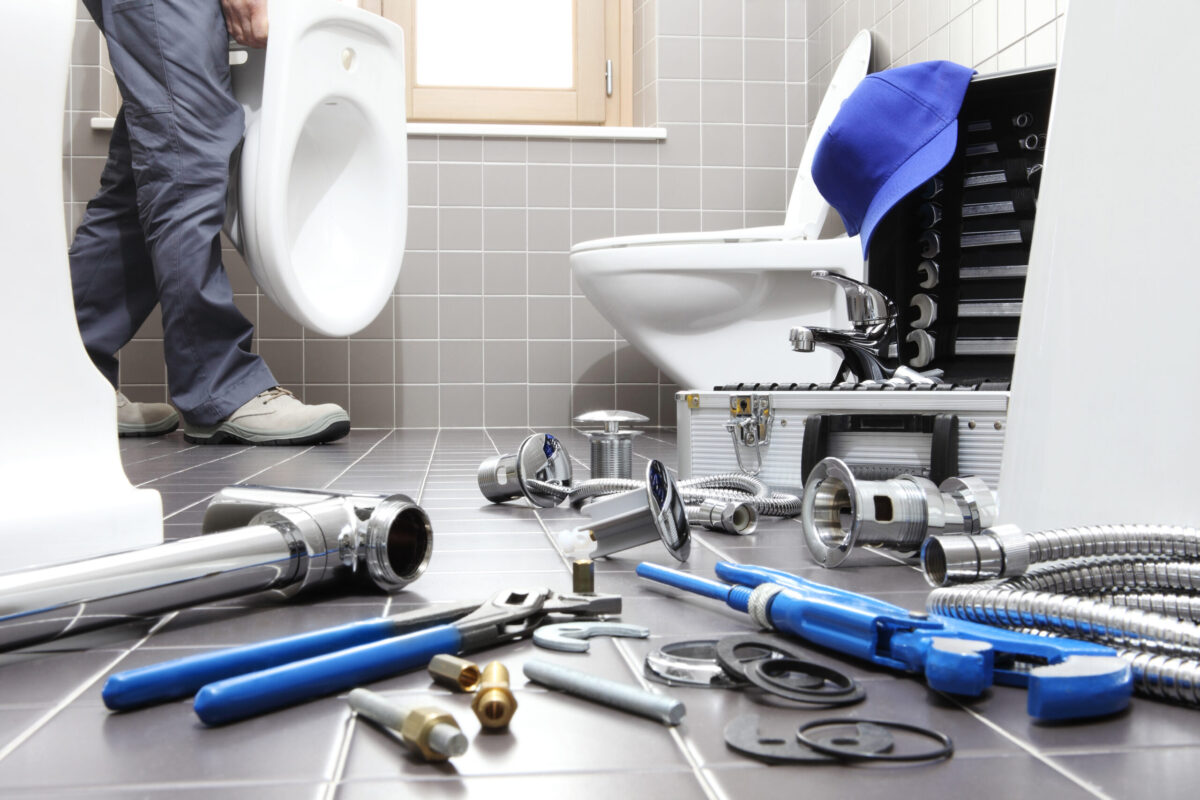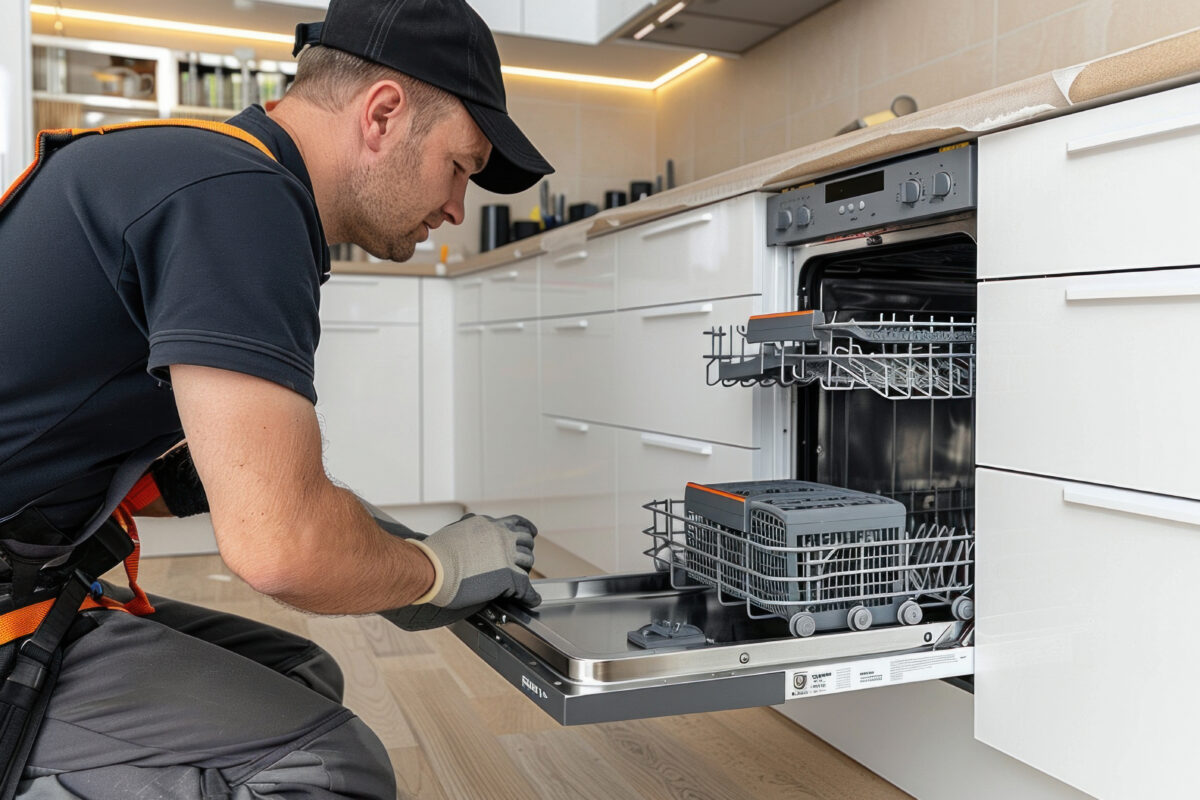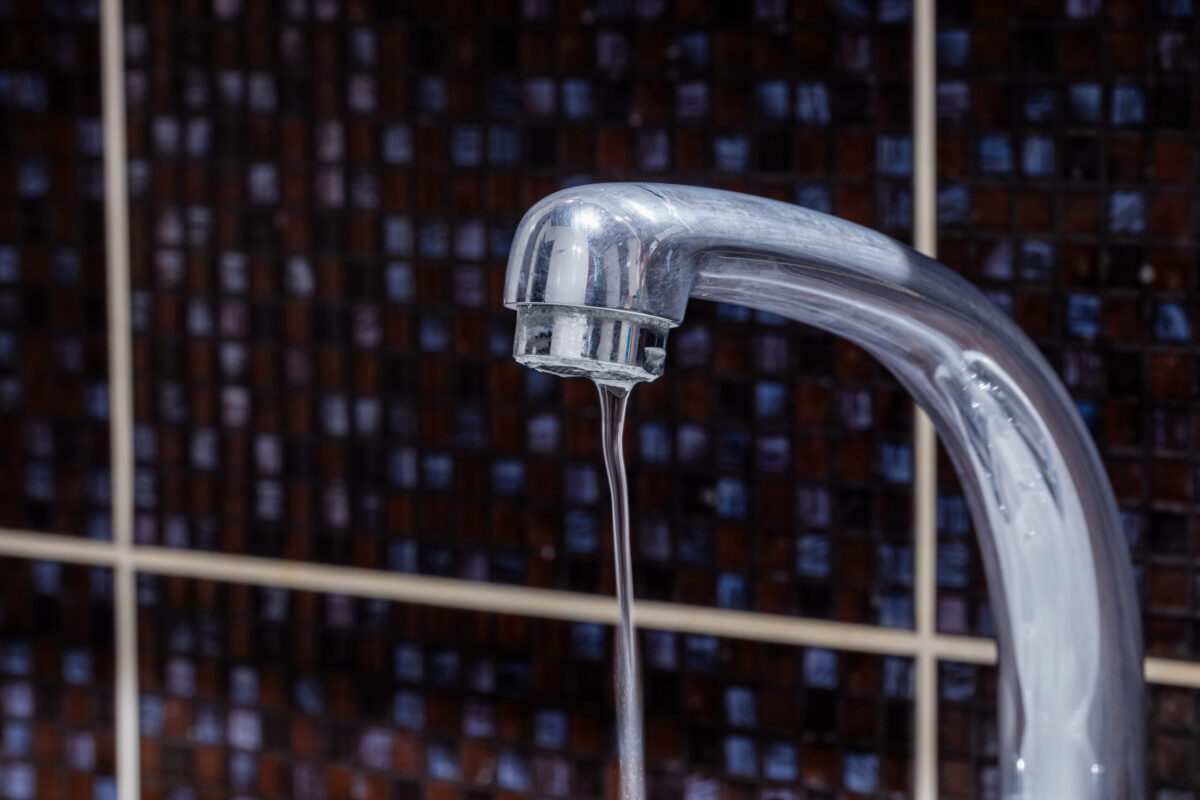If you’ve ever dealt with hard water, you know the frustration of mineral buildup, soap scum, and dull laundry. The benefits of a water softener go far beyond just softer water—they can improve your home’s plumbing, appliances, and even your skin. Beis Plumbing, serving the St. Louis area, explains the top benefits of a water softener and why it’s a smart investment for homeowners.
What Is a Water Softener?
A water softener is a device that removes minerals like calcium and magnesium from your water supply. According to the U.S. Geological Survey, about 85% of U.S. homes have hard water, making water softeners a popular solution.
- Reduces mineral buildup in pipes and appliances
- Improves soap and detergent effectiveness
- Prevents scale on fixtures and glassware
- Extends the life of water-using appliances
Key Benefits of a Water Softener
The benefits of a water softener are both immediate and long-term. According to ENERGY STAR, water heaters with less scale buildup operate up to 30% more efficiently.
- Softer skin and hair after bathing
- Cleaner dishes and brighter laundry
- Lower energy bills due to more efficient appliances
- Reduced need for cleaning products
How a Water Softener Protects Your Plumbing
Hard water can cause scale buildup inside pipes, leading to reduced water flow and costly repairs. The benefits of a water softener include:
- Preventing clogs and corrosion in pipes
- Reducing the risk of leaks and water damage
- Maintaining optimal water pressure
For more information on water treatment solutions, visit Beis Plumbing’s Water Filtration Services page.
Is a Water Softener Right for You?
If you notice spots on your dishes, stiff laundry, or dry skin, you may benefit from a water softener to address hard water issues in your home. Hard water contains high levels of minerals like calcium and magnesium that cause these common household problems and can also lead to scale buildup in your pipes and appliances. A water softener removes these minerals through an ion exchange process, resulting in softer water that’s gentler on your skin, clothes, and dishes.
The right system can also extend the life of your water heater and other appliances by preventing mineral deposits from accumulating. Beis Plumbing can test your water to determine its hardness level and recommend the best water softening system tailored to your home’s specific needs and usage patterns.
Contact Beis Plumbing for Water Softener Installation
Ready to enjoy the benefits of a water softener? Contact Beis Plumbing for expert installation and service in the St. Louis area.





